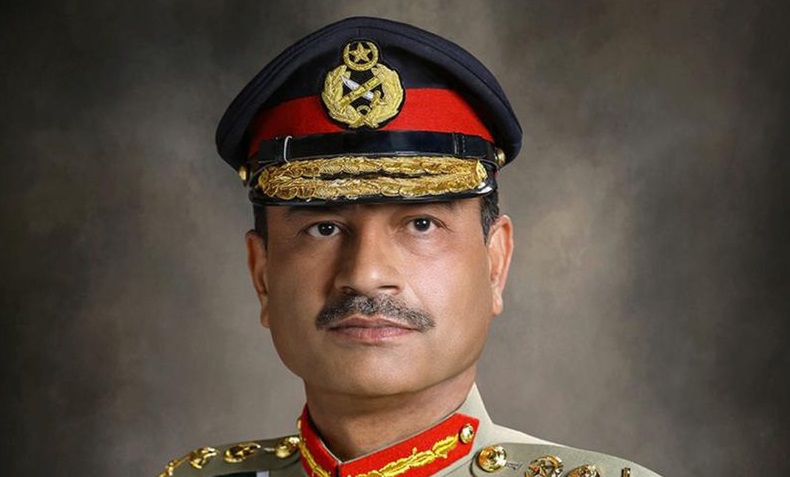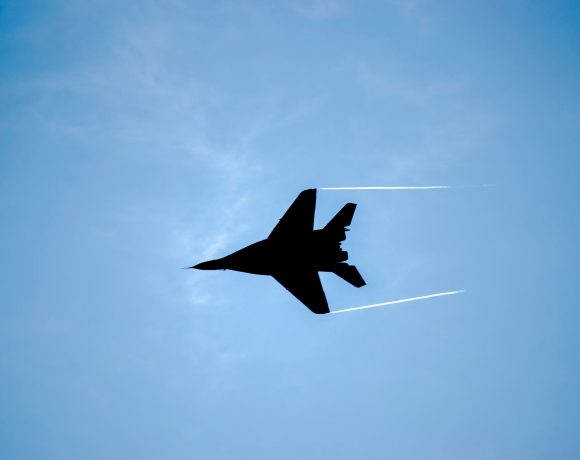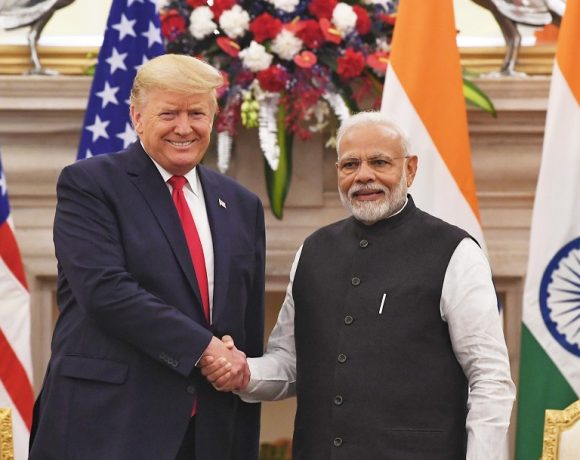
Pakistan Army Chief Faces Backlash in Washington Visit
During a pivotal visit to Washington, Pakistan’s Army Chief and newly appointed Field Marshal, General Asim Munir, embarked on a diplomatic mission aimed at strengthening military and economic ties with the United States. However, his high-profile presence was met with vocal protests from sections of the Pakistani-American diaspora, highlighting deep-seated unease about his leadership.
Munir’s U.S. Agenda
General Munir’s five-day trip to Washington included strategic discussions with senior U.S. defence officials and a scheduled luncheon with former President Donald Trump. His objectives were clear: expand Pakistan’s role in counter-terrorism cooperation, promote U.S. investment in mineral resources and cryptocurrency policy, and support the International Monetary Fund (IMF) programme. Munir also sought to showcase Pakistan as a key partner in U.S. efforts against regional threats such as ISIS-K.
Diplomatic Outreach
During meetings with U.S. military and economic leaders, General Munir highlighted Pakistan’s willingness to collaborate on new technology and mineral resource projects. He framed this outreach as an opportunity for American firms, estimating potential returns of up to US$15 billion annually. The trip underscores Pakistan’s dual approach: maintaining a strategic alliance with China, while deepening ties with Washington for broader support.
Diaspora Protests
Outside the Four Seasons Hotel venue, Pakistani-American protesters staged a powerful demonstration, chanting strong accusations including “Islamabad ka qatil” and “Shame on you.” Representing critics connected to former Prime Minister Imran Khan, protestors accused Munir of authoritarianism and human rights abuses. The vocal backlash reflects growing diaspora disillusionment with military leadership in Pakistan.
Regional Context
General Munir’s ascent to Field Marshal came soon after his leadership of Operation Bunyan-un-Marsoos during the May 2025 India–Pakistan conflict. While Pakistan emphasized this as a national success and established 16 May as Youm‑e‑Tashakur (Day of Gratitude), his visit to the U.S. is part of Pakistan’s larger strategy to maintain global partnerships amid tensions with India and reliance on Chinese arms systems.
What Lies Ahead
Pakistan is aiming for a balanced geopolitical stance—leveraging its strategic position with both the U.S. and China. Strengthening counter-terrorism ties and attracting U.S. investment are top priorities. However, the protest that greeted General Munir highlights a growing internal friction. As Pakistan navigates its international relationships, its leaders must address both foreign policy ambitions and dissent from within the global community of Pakistanis.


















